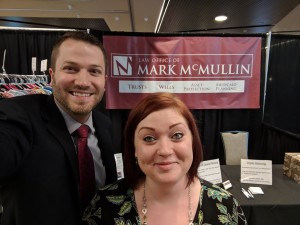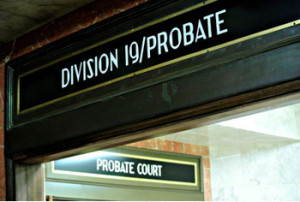As we all adjust and adapt to a world with coronavirus, I wanted to check-in and let you know some of the issues that we are encountering. Today that is about Healthcare Directives.
First, my friends and associates in healthcare in Cape Girardeau and Poplar Bluff tell me that although they we haven’t seen many coronavirus cases yet, just wait. They think the wave is coming. Now that is just their opinion, but it is worth considering that I’ve had multiple physicians recently contact my office regarding getting their estate planning in order. Their reason – they believe it is only a question of “when” they will get coronavirus, not “if.”
My understanding of coronavirus is that most cases are mild. Some individuals have the virus and don’t even know it because they are asymptomatic. Yet, for the 10-20% of cases that require hospitalization, it is important for individuals to have a Healthcare Directive. A healthcare directive does just what its name suggests – directs what type of healthcare decisions you want made. The key here is that it puts you in control of your healthcare decisions.
Several clients have shared with me their personal experience with how helpful a healthcare directive can be during one of life’s most challenging times.
In the event that your health reaches a point where you are not able to make your own decisions, on top of all of the other emotions your spouse, children, or other loved ones will feel, they will feel a tremendous weight on their shoulders as they make healthcare decisions, sometimes literally life and death decisions, for you.
How much easier it is for your loved ones when you’ve put your decisions in writing! No guess work required. It is written in black and white.
Creating a healthcare directive takes the weight of your spouse or loved one’s shoulders. You decide what type of care it is that you want, freeing your spouse, children, or other loved ones from that burden.
*Healthcare Directives are also called Medical Directives or Living Wills. Healthcare Directives are often included as part of a Durable Power of Attorney for Healthcare.







